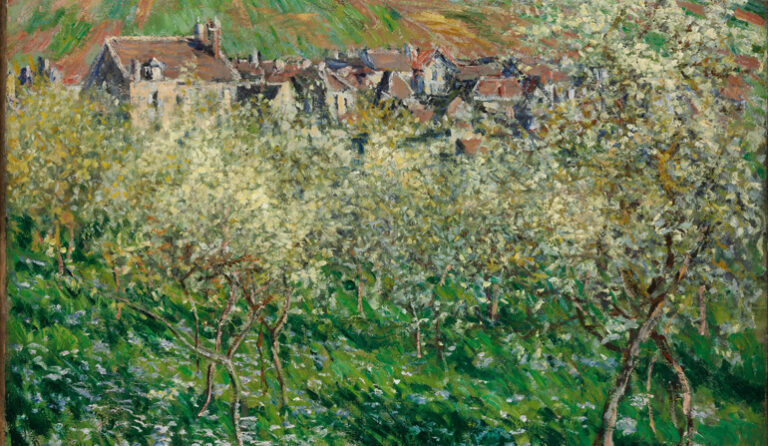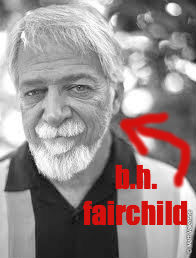Harper Lee and the Politics of Genius in Today’s Age
The intensity of the reaction to news of beloved author Harper Lee publishing a sequel to her masterpiece, To Kill A Mockingbird, is ironic, given the very reasons we thought we’d never see this day come: Lee often proclaimed that her first book had said all she wanted to say, and that she was exhausted by the fame that came with it. She is reputedly just as reclusive as Boo Radley.
It’s curious how the mythology of the hermit writer both backfires against the author and ignites fervor in readers (and, therefore, puts money in publisher’s pockets). After this announcement, journalists flocked to Alabama, trying to weasel information out of Lee’s neighbors and her caretakers at the nursing home. Meanwhile, her books rocketed to the #1 and #2 slots on Amazon’s Best Sellers list–months before Go Set a Watchmen’s scheduled release.
In a popular TED talk, given after the intense commercial success of Eat, Pray, Love, Elizabeth Gilbert calls for readers to stop idolizing writers as geniuses and therefore turning on them when they don’t live up to past performances. Why not, she says, instead consider that we all have geniuses that visit us, not unlike the mythological muse? She cites the pressure of following up successful literary publications as potential reasons for why many writers succumb to the stereotype of the suffering, alcoholic, depressed, suicidal artist—and for her own writer’s block (which she has since conquered with Committed and The Signature of All Things).
Other writers’ experiences with fame and follow-ups demonstrate the intense pressure readers put on successful authors. J.K. Rowling tried to publish under a pseudonym in an effort to escape the pressure (and criticism) associated with writing after Harry Potter. Not unlike Lee, who had a tussle with her own biographer, J.D. Salinger sued his biographer and avoided interviews until his death in 2010. Thomas Pynchon’s overall insistence on privacy has led to a series of outlandish rumors about him, ranging from identifying him as the Unabomber to claiming that he is Salinger writing under a pen name. Cormac McCarthy denied thousands of interviews, appearing on Oprah in 2007 just long enough to proclaim, “If you spend a lot of time writing about a book, you probably shouldn’t be talking about it–you should be doing it.”
And yet, nowadays, it’s an unspoken rule amongst most writers that if you want to make it as an author in today’s digital, hyper-accessible age, you must be willing to promote your book. To launch yourself into the limelight. To smile and sign the books of adoring fans, asking how to spell their names. To tour five cities in three days. To do the circuit thing. To maintain your online platform. To walk the red carpet of the premiere of your adapted film release and bare all on a radio talk show. And to do so again after achieving fame the first time can be down right daunting—especially if your second or third book isn’t as beloved as your first.
What is so captivating about Lee’s decision to publish her first book is that she, like others of the reclusive author’s listed, pointedly eschewed that racket. She refused to be accessible to the public and, because of this, we’re all the more interested in her than we would be if she’d been playing the part of the author all along–and that much more suspicious when she finally breaks the silence.
I know many an author who sighs and groans about the “necessary evil” of the book tour—and many editors and agents who have taught me–a young, relatively unpublished author–about the necessity of proving to any potential editors and agents down the road my willingness to do my part in promoting myself.
I wonder, therefore, if the reason we are so captivated by the story of Lee’s upcoming publication has more to do with the politics of the sequel rather than her decision to be, until now, so reclusive. We’re setting ourselves up for disappointment by comparing the upcoming work to the first before it even hits the shelves. We’re buying into the idea that Lee herself herself a genius, rather than a person who’s had moments of genius. We’re piling on the very burden of proof that sent her and countless other authors into hiding just as we wanted to set them atop our pedestals.
Why not, then, just be grateful? Why not take this news of her upcoming book and its pre-publication success as a win for authors everywhere who are so terrified they’ve reached their pinnacle that their muse keeps smacking them straight into the big fat wall our pressure waves have calcified? Why not marvel at what all this hullabaloo in the news really signifies: that books still matter, deeply, to the American public–especially books that spark dialogue about interracial relations, justice, and, as Atticus would say, walking in another person’s shoes.


